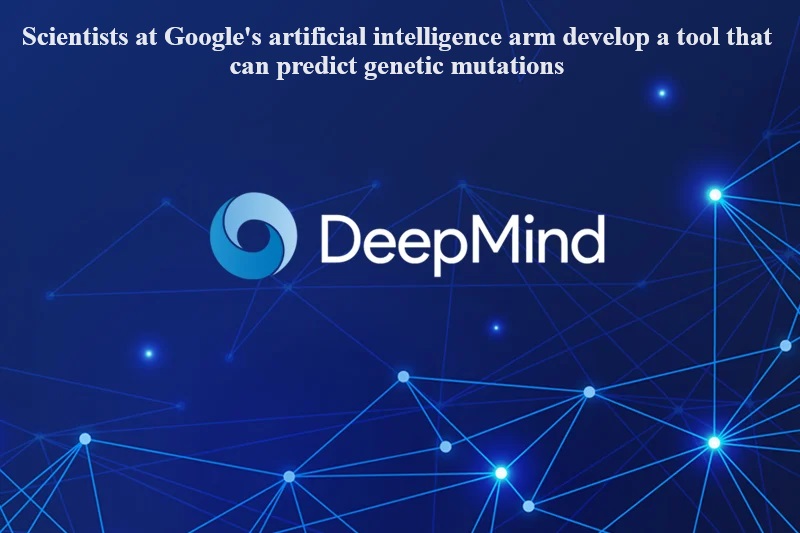
Scientists at Google’s artificial intelligence division, DeepMind, have developed a groundbreaking tool capable of predicting whether genetic mutations are likely to be harmful, thereby aiding research into rare diseases.
The human genome typically contains approximately 9,000 genetic mutations. While most of these mutations are benign, some can lead to conditions such as cancer, cystic fibrosis, or developmental brain disorders.
To date, scientists have observed only four million mutations in humans, out of a potential 71 million. Furthermore, only two percent of these mutations have been classified as either disease-causing or benign.
The AI tool developed by Google, known as AlphaMissense, specializes in predicting missense mutations. These mutations involve a single-letter misspelling in the genetic (DNA) code. AlphaMissense was able to predict 89 percent of these mutations with a 90 percent accuracy rate.
When the tool’s precision was set to 90 percent, it accurately predicted that 57 percent of missense mutations were likely harmless and 32 percent were likely harmful, with uncertainty regarding the remainder.
To train the AI system, scientists fed it DNA data from humans and closely related primates. This allowed the AI to learn about relatively common, benign missense mutations and rare, potentially dangerous ones. During the training process, the AI familiarized itself with millions of protein sequences, gaining an understanding of what constitutes a “healthy” protein.
Upon receiving a mutation, AlphaMissense assigns a score to it, indicating the risk of it causing disease (referred to as pathogenic).
The database created by AlphaMissense has been made publicly accessible to scientists, accompanied by a study published in the journal Science.
Researchers believe this breakthrough could lead to the development of new treatments and the ability to assess the risk posed by a deadly mutation before it becomes irreversible.
While the AI tool can predict the harmfulness of a genetic mutation, it is up to human doctors to comprehend the rationale behind it and ultimately use the information for patient care.
Jun Cheng of Google DeepMind explained, “This is very similar to human language. If we substitute a word in an English sentence, a person familiar with English can immediately see whether the word substitution will change the meaning of the sentence or not.”
He emphasized that while the predictions were not primarily intended for clinical diagnosis, they could potentially enhance the diagnosis rate of rare diseases and aid in the discovery of new disease-causing genes.

Post Your Comments